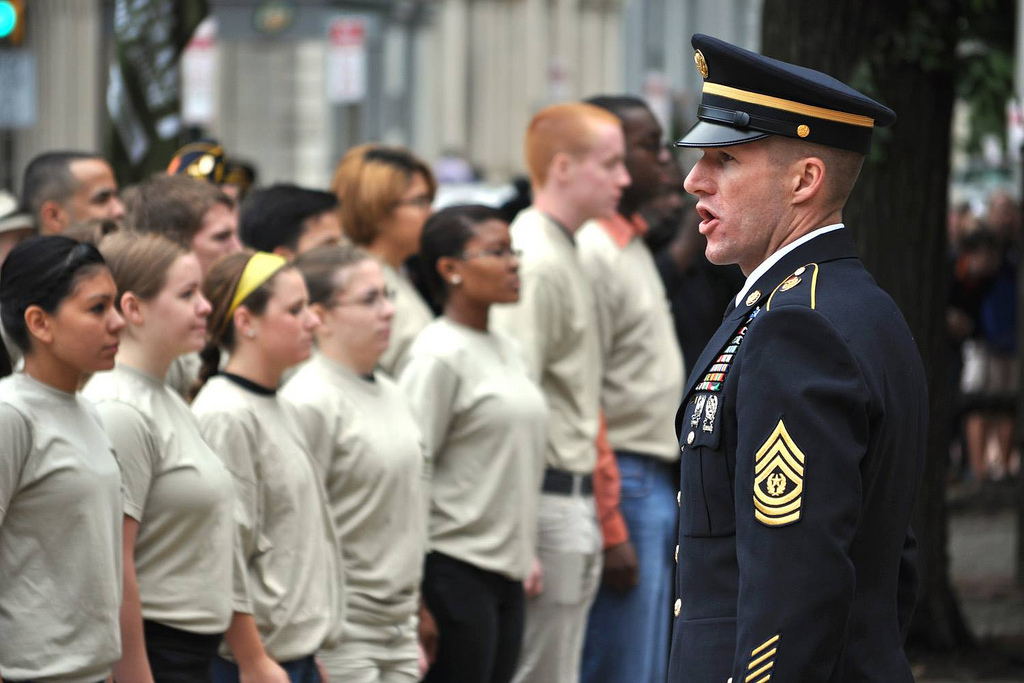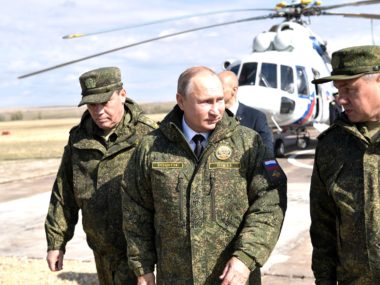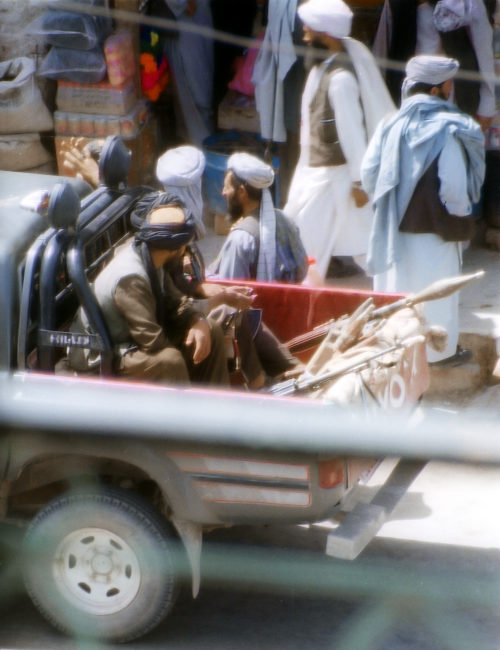By Oliver Kaplan for Denver Dialogues
Discussions on bridging the academic-policymaker gap in international relations usually focus on politics in the U.S. I recently had the chance to get a perspective on the relationship between academics and policymakers in a country other than the U.S. from Chilean Minister of Foreign Affairs, Heraldo Muñoz. I spoke with Minister Muñoz when he came to Denver last week to inaugurate the Josef Korbel School’s Latin America Center suite in the new Anna and John J. Sié International Relations Complex building.
A consummate practitioner-scholar, Muñoz is a Korbel School alumnus (MA 1976, PhD 1979) and has held many policy positions throughout his distinguished career, including Undersecretary General of the United Nations Development Programme for Latin America and the Caribbean and the Chilean Ambassador for the United Nations. Remarkably he is also the author or editor of over 12 books, including his memoir, The Dictator’s Shadow.
I asked Muñoz about his thoughts on going from academia to policymaking and the role of research in foreign policy decision-making in Chile. Here are his responses:
Kaplan: As both a scholar and a policymaker, do you view your two roles as separate, or do you work to integrate those two sides?
Muñoz: It would be difficult to separate the intellectual side from the policymaking side. So, whenever I need to make a foreign policy decision, there’s always the intellectual reflection that accompanies it. It allows you to see the nuances, analyze and separate the essential [information] from the marginal, and know how policymaking works.
Kaplan: Are there any specific things you learned during your doctoral education at the Josef Korbel School of International Studies that prepared you for your career as a practitioner?
Muñoz: First, there are the analytical skills that you develop over time. Second, the theoretical background is important because you can make connections among things that may be separate and integrate them into a systemic perspective. Plus, in some classes you deepen your knowledge on a region. I took classes on China, Japan, and International Political Economy. I didn’t take many classes on Latin America, actually, because I thought I had to take advantage of Korbel for other dimensions.
Kaplan: In your role as foreign minister and in other policy posts, does academic research play a role in your decision-making? How do you incorporate research findings?
Muñoz: Absolutely. To confront specific issues, I always demand research. What has been done in the past? What is the background and what are the options? Research is fundamental in policymaking and sometimes I get frustrated because what I receive is of low quality. So, I have strengthened strategic policy planning within the Foreign Ministry. One of the goals in the second stage of our [Michelle Bachelet’s] government is a new law to modernize the Foreign Ministry to improve strategic policy planning and do more research. Research is vital for issues such as relations with neighbors, climate change, and detailed trade issues, and to understand the past policies and positions of other countries. If you don’t have research, you make mistakes.
Kaplan: Are there any areas where you feel research is lacking and could improve policymaking in Chile or for Inter-American affairs?
Muñoz: Developing countries have less knowledge and technical capacity, but there are areas where we are very strong—Oceans Policy and the Laws of the Sea, for example, are issues that Chile has worked on for a long time. But we are weaker on new issues, such as cyber terrorism, where our capacity is not the same as a global power, so we need the cooperation of other countries that have that expertise.
Kaplan: What is the academic-policymaker gap like in Chile today? How does it compare to that in the U.S.? Are there efforts to “bridge the gap” and improve dialogue?
Muñoz: In Chile there’s a good dialogue. There’s been an observation that academia has lost scholars to the foreign policy arena, so there’s been a shift, and many have become ambassadors and policymakers. Part of the reason is that, during the [Pinochet] dictatorship we [pro-democracy figures] were in academia and not in government. So, when the democratic government came in [in 1989] there was a need for policymakers, and a lot of us in academia went over to the government. That has an advantage: many of us policymakers understand policymaking very well, so there’s not much of a gap. But there’s always a difference of perspective, an asymmetry in information, and the “you stand where you sit” dictum still applies. All that aside, there’s a good dialogue.
Kaplan: Has your career as a practitioner made you re-think any issues or ideas you learned about in academia?
Muñoz: Absolutely. Some theories and perspectives now seem very naive and abstract and have nothing to do with reality. You put your theories to the test when you are a policymaker. If I had to choose contending theories to international relations, we policymakers become more realpolitik, and realist theories come to rule. So my views of theories have changed.
Kaplan: I can see that, but you also speak frequently about the importance of multilateralism, and have even written a book on the subject—A Solitary War. How do you square that?
Muñoz: Well, I am a multilateralist, and even within that one has to be a realist (but not realpolitik). You combine values and norms with interests. Policymaking is all about balance—balancing values and concrete, cold, national interests. It’s nothing about idealism. You strike that balance case by case.
Kaplan: Do you have any particular insight about how you strike the balance between values and interests?
Muñoz: Yes, there are some core general principles. One is the respect of human rights, which cannot be impeded by the principle of non-interventions and sovereign rights of the nation-state. I was one of the main promoters of the Responsibility to Protect (R2P) at the UN as ambassador. When a country cannot or is unwilling to protect their population, there are steps to follow, which is the more pragmatic dimension of it. This is clear for cases of genocide or crimes of war. But, in the end, it’s case-by-case and for other issues there are many shades of grey. Then it’s about your interests and how much you can do to alter a given reality since, even if you have the right values, if you simply can’t do much or can’t control the situation, then you have to be cautious.
Kaplan: You started out as a pro-democracy activist, and I’ve heard you mention “human rights” numerous times during your visit as a key part of your worldview and of Chile’s foreign policy. Does that have origins in Chile’s period of dictatorship?
Muñoz: Much of the strong commitment to human rights is rooted in our past: the thousands that were disappeared, executed, or assassinated, hundreds of thousands exiled, and tens of thousands tortured marked my generation. So, we are sensitive to human rights and play a part in promoting them. But even before the dictatorship we were a rare case of democracy. So, upon the restoration of our democracy, we regained our history with a strong mark on human rights. The two things come together—both the dictatorship and the long prior history as a democratic society. And, today, there are new [rights] issues and challenges that come to the fore. Now we are working on the link between human rights and business, a new area that goes beyond the social responsibility of private companies and the UN Guiding Principles. In Chile, we are working on a national plan of action on business and human rights.
This piece has been cross-posted at LAC Perspectivas.







